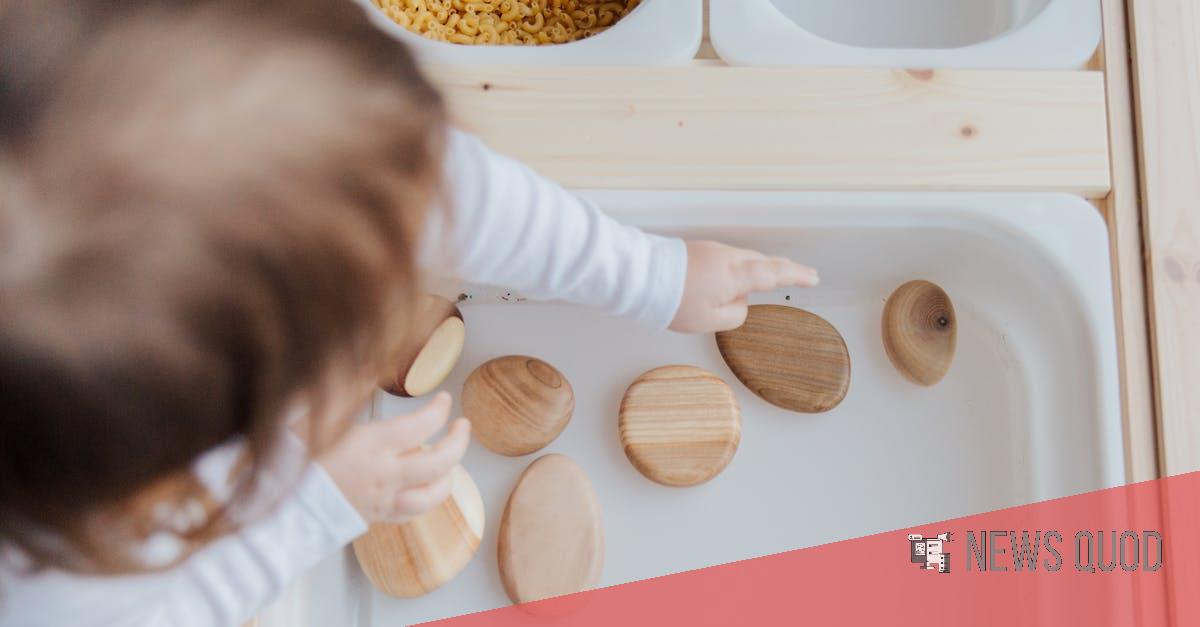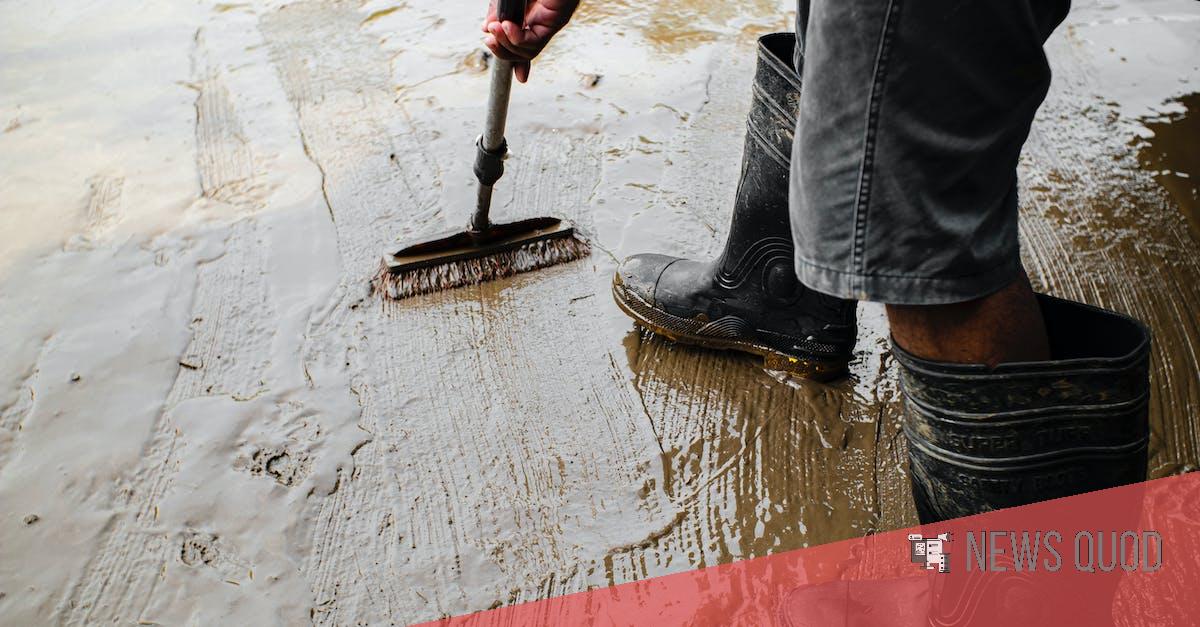Why It’s Important for Children to Get the COVID-19 Vaccine

COVID-19 is a brand new coronavirus which causes leukopenia as well as the thrombocytopenia. The illness does not result in deaths and there are vaccinations made available. This vaccine is safe to be administered to infants and toddlers. Discover more information on this vaccine and whether or not it should be recommended to children.
COVID-19 is the name of a new coronavirus.
COVID-19 is a novel corovirus which is responsible for unusual instances of pneumonia due to viral at Wuhan, China. COVID-19 belongs to the Betacoronavirus family, and shares numerous similarities to human Betacoronavirus However, it differs in its genomic and phenotypic structure. It is composed of 6 ORFs (open reading frames) which serve to encode structural proteins.
Leukopenia is a complication that can cause thrombocytop.
Patients suffering from COVID are at a higher risk for having leukemia or thrombocytopenia that is severe over those who suffer from lower levels. They can lead to bleeding and brain hemorrhage in addition to other complications. They aren’t uncommon, and vaccination can prevent them.
It can be prevented by vaccination
You have many good reasons to get vaccinated against COVID. The vaccine can stop COVID from causing severe symptoms and decrease deaths and hospitalizations. Furthermore, a vaccination against COVID will prevent the spread of thousands of infections.
It’s appropriate for babies and toddlers.
Though COVID is not harmful for infants and toddlers, it is recommended parents watch their children’s symptoms for illness. It is characterized by fever, vomiting, difficulty eating or congested. If you are experiencing persistent fever among infants, it’s recommended to speak with your GP and give them Ibuprofen or paracetamol. These medicines can trigger side consequences, and it is not recommended to give them to babies under three months old. Infants with COVID may experience poor nutrition and fewer than usual amounts of nappies.
It works.
The first dose coronavirus vaccine provides some protection against the disease within two weeks. For optimal protection is recommended to get the second dose immediately. Recently in the last few months, the FDA recommended a 2-dose regimen for the coronavirus vaccine. The second dose must be given at least 21 days after the first dose.
It’s safe for pregnancies women.
Although pregnant women might be worried about the safety of COVID but the virus generally not harmful during pregnancy. There are several precautions to be followed by pregnant women in order to safeguard themselves and their unborn child. The World Health Organization has released information to help pregnant women make informed choices. The guidance clarifies the connection between COVID and pregnancy , as well as answer common questions.
It can be effective in preventing illness that is severe.
This study found that full vaccination with COVID-19 inactivated vaccines was effective in preventing severe illness in Delta-variant-infected patients. But partial vaccination was not found to offer any clinically significant protection against severe disease. In addition, the study did not examine whether vaccine’s side effects are associated with an increased risk of developing severe illnesses.








